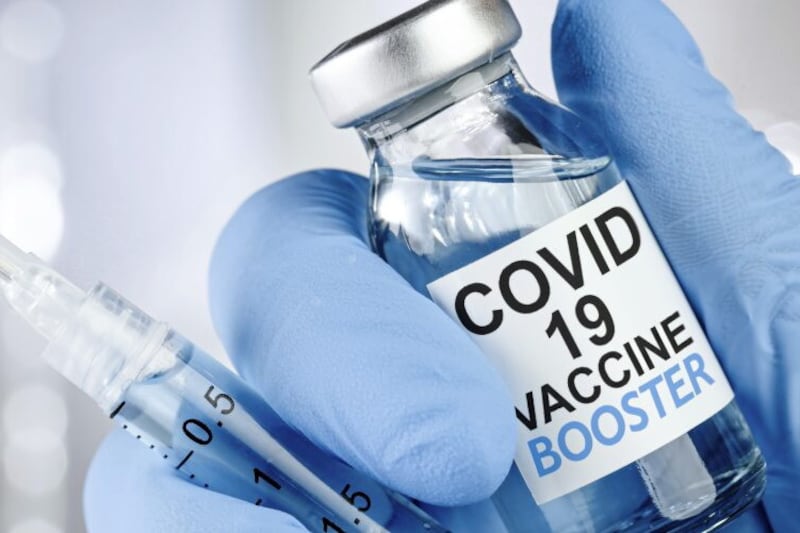A ROW has broken out over the future of a suicide helpline with a charity claiming a proposed shake-up could be potentially "unsafe".
Contact, the charity which has managed the 24-hour 'Lifeline' telephone and follow-up counselling service over the past 10 years, has hit out at the Public Health Agency (PHA) over its recommendations to outsource the counselling component.
Fergus Cumiskey, who heads up Contact, also claimed that the criteria for vulnerable people seeking face-to-face counselling would be radically altered so that only those most at risk of suicide would benefit.
However PHA chiefs have labelled the charity's comments as "misinformation" and say that any change to the existing service would be introduced only to make improvements, especially for those living in rural areas.
Dr Gerry Waldron of the PHA also insisted that the threshold for those seeking counselling "will not change".
Letters were sent by the PHA to politicians refuting the claims put forward by Contact - with follow-up letters then sent by the charity.
Two consultations on the future of the Lifeline service - which has provided support to more than 50,000 people since its inception - have taken place and funding will remain at an annual £3.5 million.
The PHA say consultation feedback indicated those living in more rural areas felt more isolated from access to counselling.
But Mr Cumiskey said the plans, which are due to come into effect from next April, will lead to a fragmentation of a service which could be "dangerous" for those requiring urgent help.
"This planned restriction to Lifeline support is unsafe, lacks credible evidence and is unfit for purpose," he said.
"Every person identified at risk of suicide deserves immediate Lifeline counselling support. Only this guarantee will help drive down the suicide death rate for people seeking help at crisis point."








